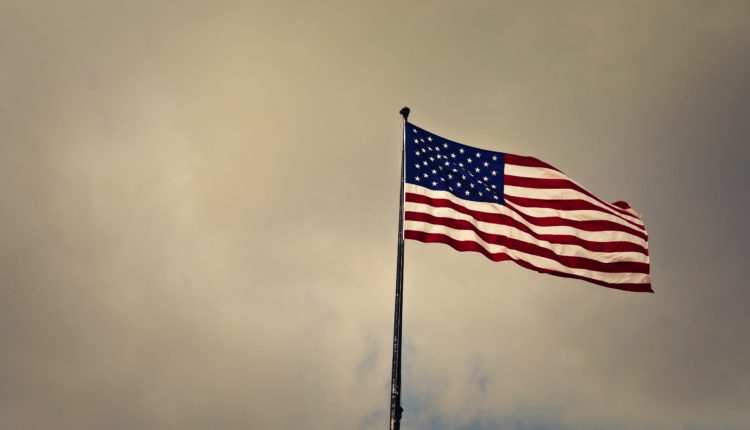 Photo by Brett Sayles from Pexels
Photo by Brett Sayles from Pexels
Dark clouds over Trump’s America
HAVANA – Donald Trump is not the first U.S. president to mistreat immigrants. But his policy competes with the worst moments of American history. His perverse treatment of these persons scandalizes much of the world, encourages divisions within American society and has generated problems with other neighboring countries, especially Mexico, one of its main commercial partners.
Nor is Trump responsible for the deterioration of U.S. competitiveness around the globe, and the impact of neoliberal globalization on the domestic economy of the country. Many of us would agree with his criticism of free trade agreements. They have had a negative effect, particularly in the Third World and on workers everywhere, including the United States. But Trump does it for other reasons; he does it badly and what he proposes is worse.
“America First” is inspired by the return to the colonial model where the metropolis imposed its leonine conditions on the rest. To carry this out, it has generated commercial wars that alienate the U.S. from its main partners and dislocates the economic functioning of that country’s system to the detriment of even the companies it is supposed to benefit and the consumers it claims to defend.
Trump has practically isolated the United States from the world order, which it is supposed to lead — from the Paris environmental agreements to the World Trade Organization. The U.S. is in crisis with the European Union, he’s put NATO in jeopardy, and the country’s relations with Canada are going through one of its worst moments. As for his stands, the president has rudely disrespected foreign leaders, violating the most elementary rules of diplomacy.
Although Trump’s international projection has been based on the return to the cold war rhetoric, his speeches are characterized by warmongering, and the increase of the military budget has grown considerably. This has been interpreted as bravado, which his own officials have seen the need to qualify, trying to limit its negative impact on an international scale.
Something similar is happening with Russia. It is not unreasonable for the United States to try to reduce tensions with the Eurasian power and take advantage of the economic potential that could be derived from this relationship. But such a policy lacks consensus in the country and Trump, rather than facilitating it, incorporates additional doubts regarding his intentions, given the obscure background of his relations with the government of Vladimir Putin.
From an administrative point of view, his government has been marked by incompetence, ignorance and functional chaos. Constant scandals have surrounded his team and the president’s relations with his top officials. He has governed spontaneously and unpredictably, and every morning the world awakens to the threat of a new tweet, the product of what he considers a manifestation of his “proven genius.”
And in spite of it all, according to some polls, Trump enjoys the support of 90% of Republicans, which translates to around 30% of the electorate. He can win reelection with those numbers, which seems to be the central objective of his administration. But more than an expression of strength, this possibility expresses the tremendous political polarization that exists in the U.S. — the dysfunction of the governmental bodies, and the lack of confidence with the political parties.
Except for some fanatics, the polls themselves define his defenders as people who consider him a necessary evil in comparison with their liberal opponents, especially the mass media, who they see as being unfair to the president.
His capacity to mobilize is based on rhetoric against the political establishment, the alleged defense of jobs for the white middle class, something that has not materialized, and the rejection of immigrants, which explains why even the most reproachable policies result popular in these sectors.
However, Trump does not even meet the personal parameters that define the fundamental values of the conservative movement, so his support is coincidental and many Republicans would gladly replace him for a more capable and dignified person to represent them.
Presumably, what interests those in power, at least the most intelligent of those, is to create the conditions to overcome what is manifested as an integral crisis of the system and to recover the governance mechanisms that guarantee its functioning.
Trump is the worst alternative to achieve this goal. His own personality incorporates unnecessary disruptive elements in the articulation of possible consensus and it is doubtful that such powerful groups accept the idea of being governed by an administration that can lead them to disaster. In some way, this must translate into the strengthening of an opposition policy to the president.
The November midterm election, more than a comeback for the Democratic Party that has its own crisis, will measure the deterioration of the Republicans as a result of the Trump presidency, and this will be decisive for the political future of the president.
Impeachment to reelection in 2020 are all possible alternatives under the current scenario. However, the truth is that Donald Trump is a way too expensive luxury for the American system. Each day that he remains as president will be an incremental factor in its decline.

